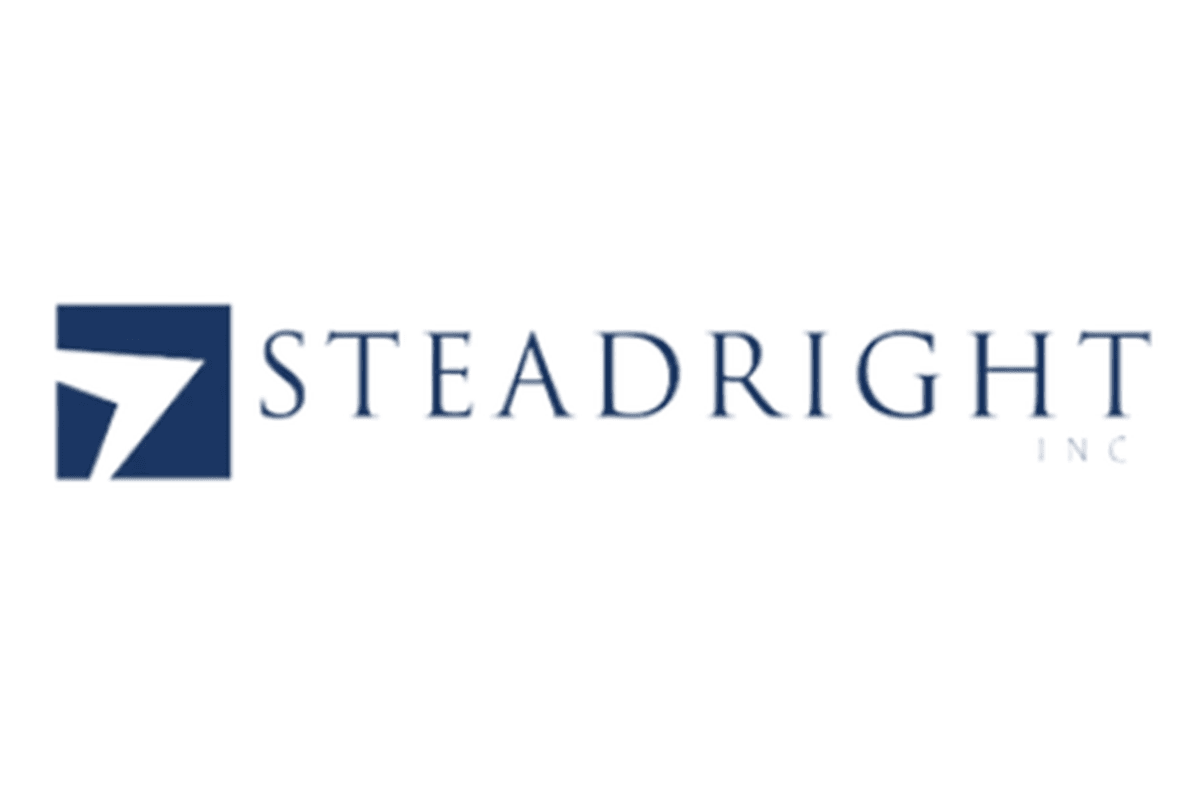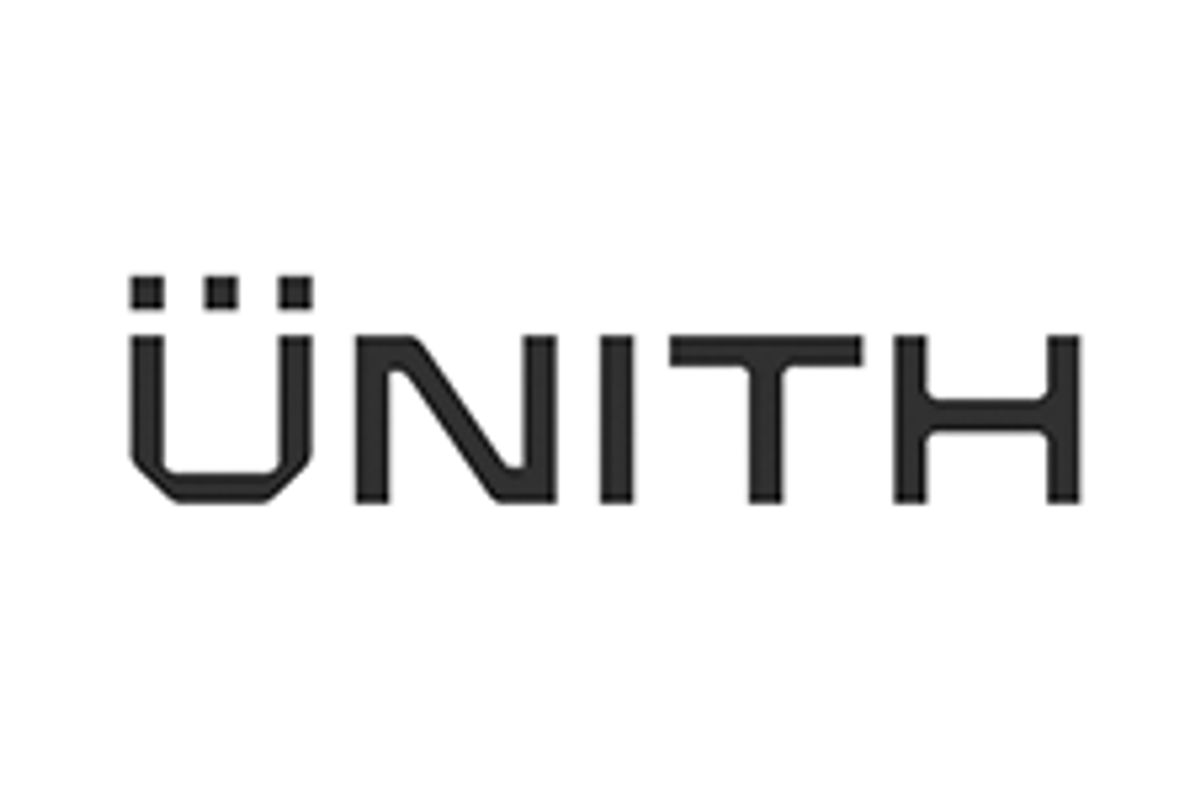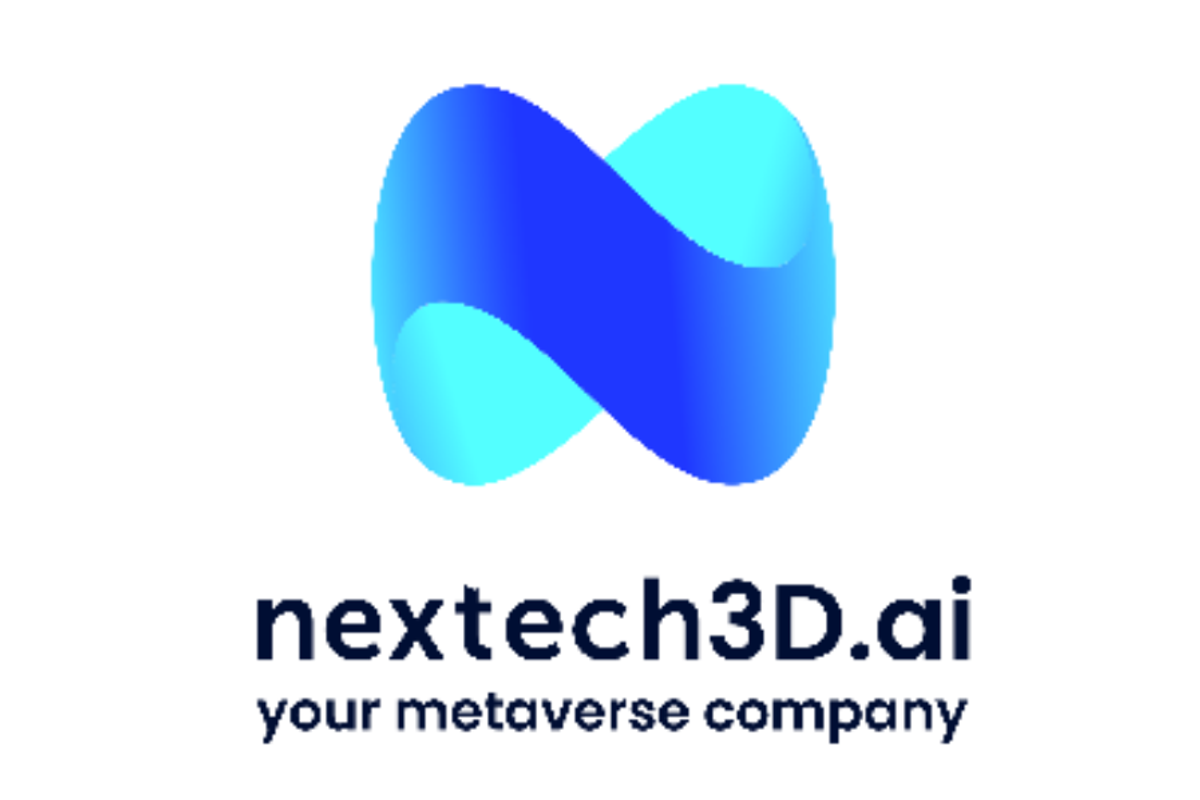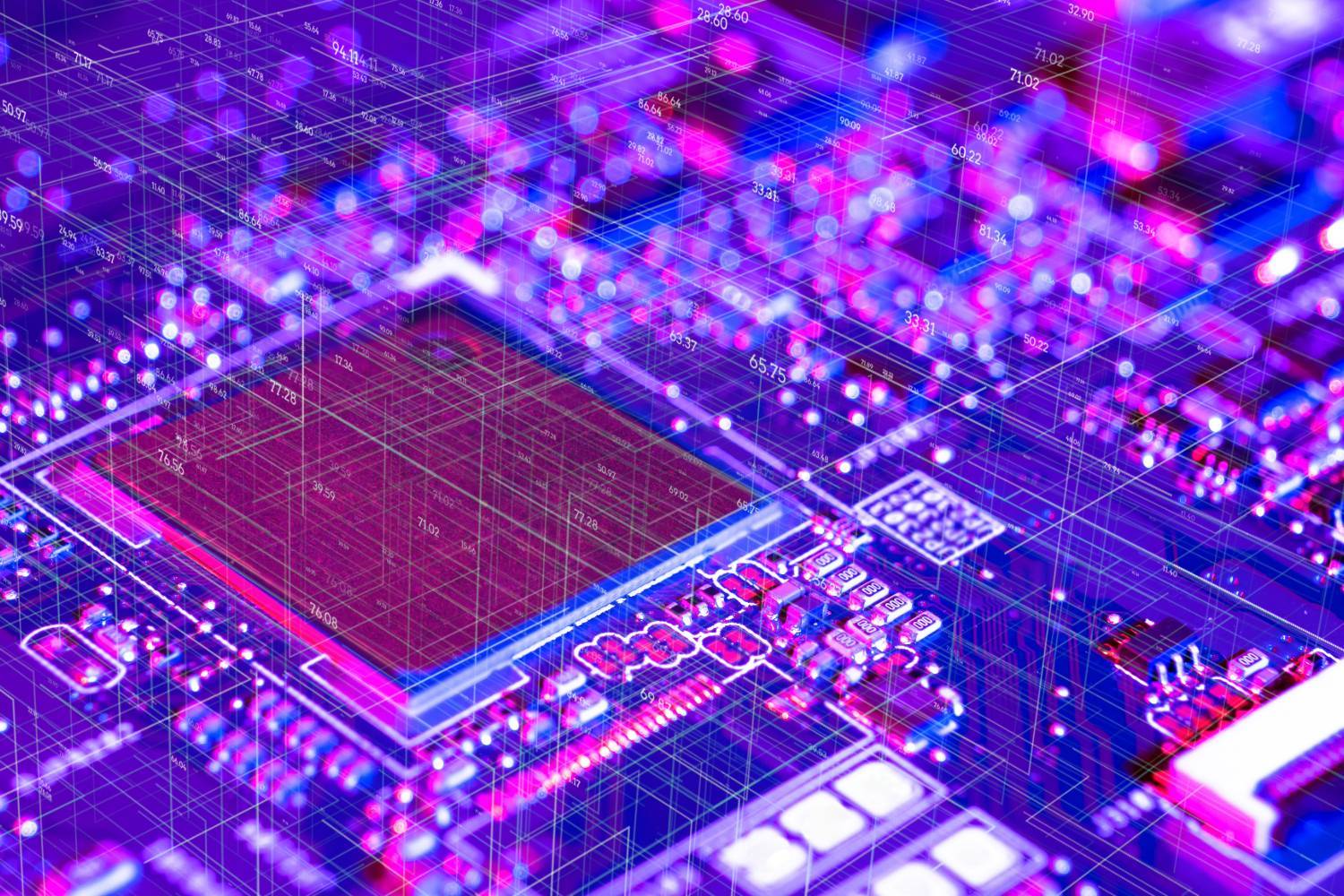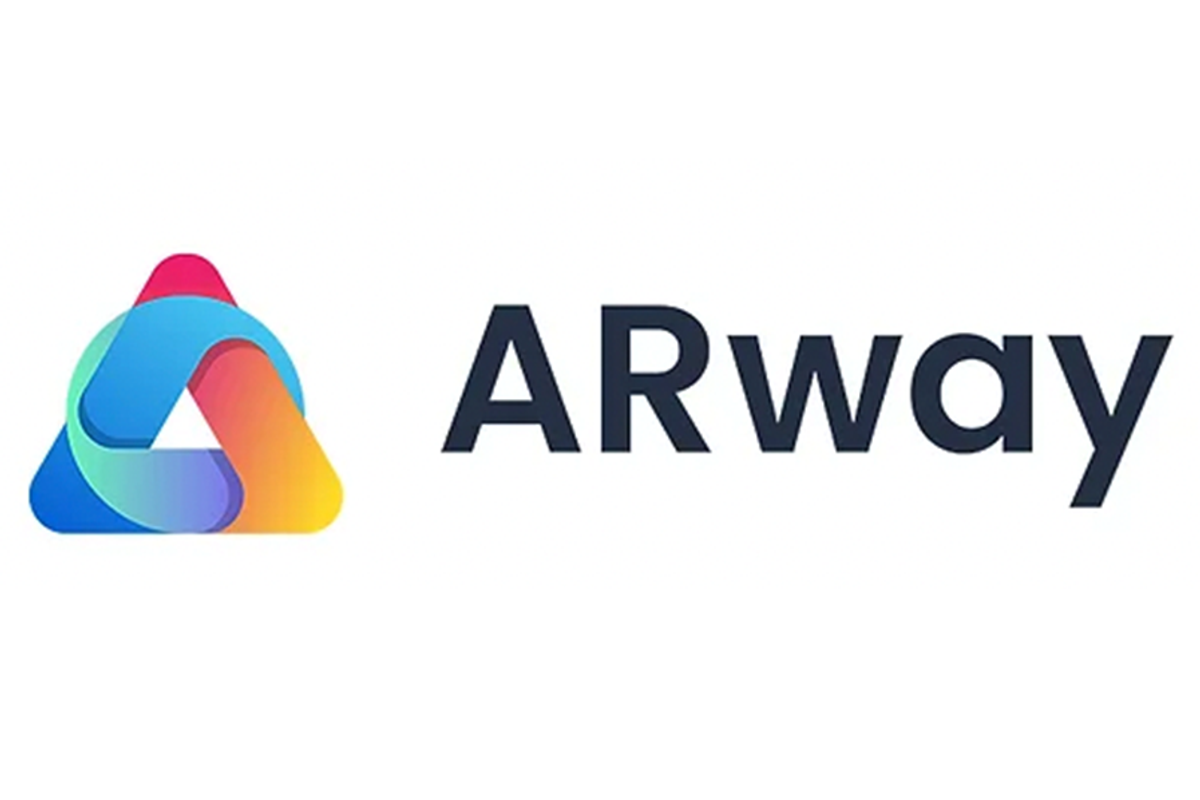
March 15, 2023
ARWAY CORP. SIGNS MULTIPLE NEW SDK DEALS FOR INDOOR POSITIONING (IPIN) & AUGMENTED REALITY NAVIGATION
ARway Corp. has signed five new deals for its software development kit (SDK), which showcases the increasing demand for this disruptive technology. Since its SDK was released on Jan. 31, 2023, the company has been experiencing a wave of demand from resellers, enterprise corporations and brands, which is expected to drive significant revenue in 2023.
According to research from Technavio, the $44-billion global indoor positioning and indoor navigation (IPIN) market will grow by $23.03-billion (U.S.) from 2020 to 2025, and the growth momentum of the market will accelerate at a CAGR (compound annual growth rate) of 33.21 per cent during the forecast period. The market growth will be led by North America, as this region will account for 40 per cent of the market's growth during the forecast period.
New deals:
- MPSKIN -- SDK partner: Using the ARway platform for existing map management of virtual tours, and implementing new augmented reality tours on site at museums and art galleries;
- The TRIBE -- SDK partner: Using ARway to build a custom AR (augmented reality)-powered app for its marketing agency to showcase capabilities to clients;
- Suggesto -- SDK partner: Using ARway for a new experiential location-based game for its local customers in Italy;
- ENCORE EAS: Entertainment technology provider based in MENA (the Middle East and North Africa). Using ARway in airports for wayfinding and guided tours;
- Rayqube -- SDK partner: Agency based in Dubai building an experiential AR app for some of its select client locations to drive social engagement/sharing.
These SDK deals range in size from $600 to $10,000 based on the usage of the platform, and are within various industries, representing a wide range of use cases for ARway technology. The company is especially seeing significant and accelerating deals from augmented reality agencies. These creative agencies already work with dozens or even hundreds of customers and brands that want and need Arway's wayfinding technology. By subscribing to the ARway platform the agency can demonstrate the ARway capabilities to its clients and act as a reseller for ARway's solution.
ARway's SDK contains code libraries and API (application programming interface) information that allows developers to build their own white-label and private-label mobile apps on both iOs and Android, leveraging ARway's technology and creator tools to build AR wayfinding and spatial experiences. Creators and agencies will be able to develop white-label and private-label apps and access ARway APIs to author maps using the web creator portal.
About ARway Corp.
ARway is an AI (artificial intelligence)-powered augmented reality navigation platform for the real-world metaverse. It enables AR-enhanced indoor navigation and wayfinding solutions for large, multipurpose venues enabled by marker-based tracking using QR (quick response) codes. Visitors can access a venue map by scanning a QR code with their smart phone upon entering the venue to navigate to any point of interest (POI) with step-by-step directions, learn information about those POIs, and interact with rich AR content and experiences along the way.
The ARway offering has an unlimited number of use cases for augmenting physical spaces in the metaverse, consisting of indoor navigation with AR activations to improve the visitor experience in large and complex spaces. With value propositions spanning multiple industries and use cases, ARway leverages Nextech's 3-D/AR technology solutions to new substantial markets, for use by creators, brands and companies.
We seek Safe Harbor.

Sign up to get your FREE
Steadright Critical Minerals Investor Kit
and hear about exciting investment opportunities.
- Corporate info
- Insights
- Growth strategies
- Upcoming projects
GET YOUR FREE INVESTOR KIT
The Conversation (0)
19 February
Steadright Critical Minerals
Advancing high-grade mineral assets in Morocco with near-term cash flow and growth potential
Advancing high-grade mineral assets in Morocco with near-term cash flow and growth potential Keep Reading...
04 February
AI Infrastructure Moving to the Edge to Transform User Experience
While the first phase of the AI gold rush was defined by massive investments in centralized data centers, 2026 is about proving those billions can translate into fast, reliable AI that people will use every day. One Canadian startup, PolarGrid, is betting that the answer lies at the edge rather... Keep Reading...
29 January
Quarterly Activities/Appendix 4C Cash Flow Report
Unith (UNT:AU) has announced Quarterly Activities/Appendix 4C Cash Flow ReportDownload the PDF here. Keep Reading...
20 January
The Performance Chasm: Is the AI Rally Over or Just Shifting Gears?
The investment landscape of 2025 will be remembered for its historic divide, where the widespread boom in artificial intelligence (AI) created a tale of two worlds in the stock market.On one side, the Magnificent 7 and specialized players like Palantir Technologies (NASDAQ:PLTR) drove massive... Keep Reading...
20 January
Nextech3D.ai Scales National Event Infrastructure to 35 Major U.S. Cities; Launches 58 New AI-Ready Experiences to Meet Enterprise Demand
Strategic Integration of Generative AI 'Semantic Memory' via OpenAI and Pinecone Vector Database Supports Rapid Expansion of Corporate Engagement Platforms TORONTO, ON / ACCESS Newswire / January 20, 2026 / Nextech3D.ai (OTCQB:NEXCF)(CSE:NTAR,OTC:NEXCF)(FSE:1SS), a leader in AI-powered event and... Keep Reading...
16 January
Tech Weekly: Chip Stocks Soar on Taiwan Semiconductor Earnings
Welcome to the Investing News Network's weekly brief on tech news and tech stocks driving the market. We also break down next week's catalysts to watch to help you prepare for the week ahead.Don't forget to follow us @INN_Technology for real-time news updates!Securities Disclosure: I, Meagen... Keep Reading...
16 January
Nextech3D.ai Partners with BitPay to Power Crypto and Stablecoin Payments for Events
Company Strengthens Event Tech Infrastructure with Milestone AWS Migration and Enhanced Blockchain CredentialingAWS Cloud Infrastructure OptimizationSmart Contract UniformityFlexible Asset Standards ERC721/ ERC1155 TORONTO, ON AND NEW YORK CITY, NY / ACCESS Newswire / January 16, 2026 /... Keep Reading...
Latest News

Sign up to get your FREE
Steadright Critical Minerals Investor Kit
and hear about exciting investment opportunities.
- Corporate info
- Insights
- Growth strategies
- Upcoming projects
GET YOUR FREE INVESTOR KIT
Interactive Chart
Latest Press Releases
Related News
TOP STOCKS
American Battery4.030.24
Aion Therapeutic0.10-0.01
Cybin Corp2.140.00
